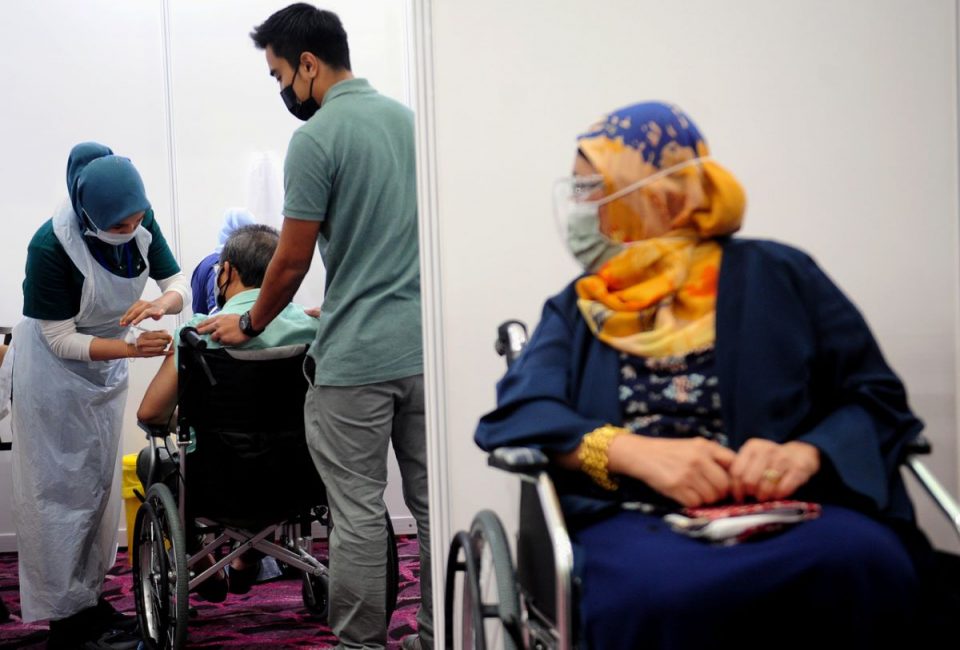BANGKOK, July 1 —The Asia-Pacific population is ageing faster than any other region in the world and there are now 630 million people aged 60 years or over, representing 60 per cent of the world’s older persons.
In a statement, United Nations Economic and Social Commission for Asia and the Pacific (ESCAP) said by 2050, the number is projected to increase to 1.3 billion.
“The majority of older persons are women; they comprise of up to 61 per cent in the age group of 80 years or over,” it said.
ESCAP said older persons in the region are also now facing deepened inequalities and heavily disproportionate impacts from emerging issues such as greater geopolitical volatility, the Covid-19 pandemic fallout, climate change and digital transformation.
United Nations Under-Secretary-General and Executive Secretary of ESCAP, Armida Salsiah Alisjahbana, said with many parts of the region rapidly ageing, concrete steps must be taken to provide environments in which our elders live safely, securely and in dignity and contribute to societies.
“We must broaden the view of older persons by recognising them as agents of development,” she said.
Meanwhile, Executive Director of Yayasan Emong Lansia, Indonesia, Eva Sabdono said the challenges of the 21st century require that everyone young and old work together dispelling ageism.
“Although some progress has been made through Madrid International Plan of Action on Ageing (MIPAA), older persons continue to be viewed as welfare recipients and a burden on society instead of vibrant, active persons with knowledge, skills and experiences that significantly contribute to economies, communities, and families,” she said.
Under-Secretary-General for the United Nations Department of Economic and Social Affairs, Liu Zhenmin said people are living longer lives but have not yet succeeded in building a society for all ages.
“Implementing MIPAA will require forward-thinking, rights-based and gender-sensitive policies,” he said.
Meanwhile, ESCAP said government officials, civil society representatives and international organisations today called for renewed momentum and swift action to advance the MIPAA in a regional review and appraisal convened on its 20th anniversary by ESCAP.
Adopted in 2002, MIPAA provides a comprehensive framework complementing the 2030 Agenda for Sustainable Development and the United Nations Decade of Healthy Ageing. Outcomes from the regional review will further inform the Fourth Global Review of MIPAA in 2023.
— Bernama





